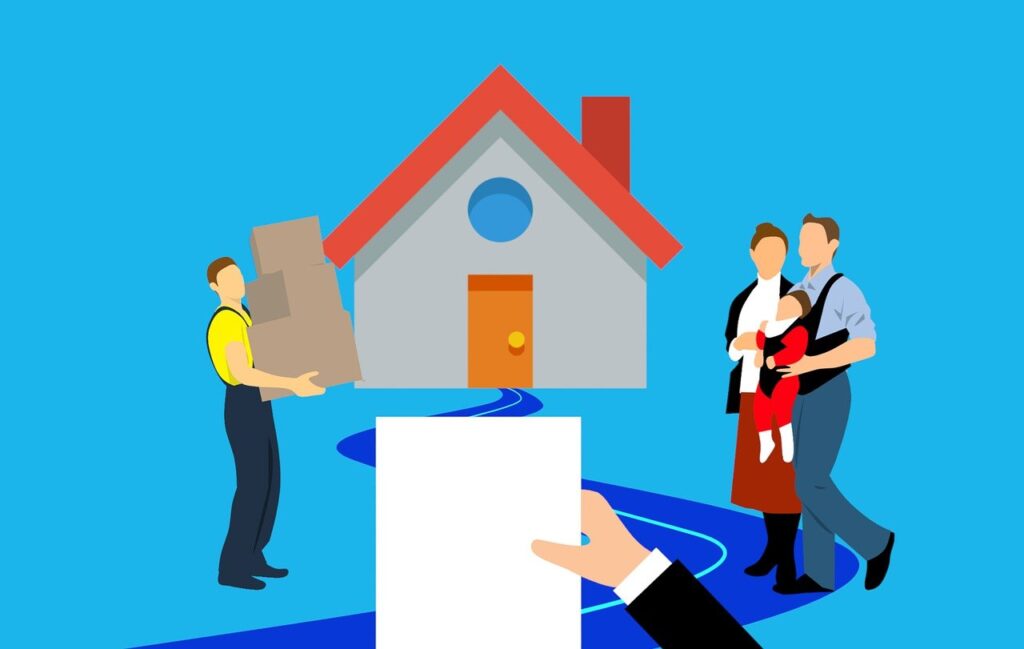When purchasing a home, one critical step that buyers often undertake is a home inspection. This process evaluates the condition of the property and identifies potential issues. While home inspections primarily benefit buyers and sellers, their impact extends to the realm of home insurance. In this article, we will explore how home inspections influence insurance coverage, premiums, and policy terms, emphasizing the importance of this step in protecting homeowners from unforeseen expenses.
Understanding Home Inspections
A home inspection is a comprehensive assessment of a property’s structural components, electrical systems, plumbing, and more. Certified home inspectors play a crucial role in evaluating a property’s condition, identifying any existing or potential problems that may impact its value and safety.
Relationship Between Home Inspections and Home Insurance
Home inspections and home insurance are closely linked. Insurers consider a property’s condition when underwriting policies and assessing risks. A home inspection report provides insurers with valuable information to evaluate the property’s insurability and determine coverage options, premiums, and policy terms.
Insurers rely on home inspection reports to assess risks associated with a property, such as structural issues, outdated electrical systems, plumbing leaks, and roof condition. This information helps insurers determine appropriate coverage, premiums, and any necessary repairs or upgrades before providing coverage. Insurers may also offer discounts based on a positive inspection report.
It’s important for homeowners to understand insurers’ specific requirements and work with qualified home inspectors to ensure their property meets those criteria, potentially leading to favorable coverage and premiums.
Impact of Home Inspections on Insurance Premiums
Home inspection findings can directly impact insurance premiums. For example, issues like outdated electrical systems, plumbing leaks, or a faulty roof can increase the risk of claims and result in higher premiums. By addressing these concerns before purchasing a property, homeowners can potentially secure lower insurance rates.
A study found that homes with recent inspections and minimal issues had an average of 10% lower insurance premiums compared to properties with unresolved problems.

Influence on Insurance Coverage
Home inspections have a significant impact on insurance coverage. Insurers use the information from the inspection report to assess risks associated with a property and determine coverage options and terms. Here are some key factors to consider:
- Identifying Potential Hazards:
- A thorough home inspection can uncover potential hazards, such as outdated electrical systems, plumbing leaks, or structural issues.
- Insurers may require homeowners to address these hazards before providing coverage or offer coverage with specific endorsements or exclusions related to these issues.
- Roof Condition:
- The condition of the roof is a critical factor for insurers, as it protects the entire structure from water damage.
- If the inspection report reveals a roof nearing the end of its lifespan or with existing damage, insurers may request repairs or replacement before offering coverage or include limitations or exclusions related to roof damage.
- Structural Integrity:
- Structural issues, such as foundation problems or evidence of water damage, may impact the insurability of a property.
- Insurers may require homeowners to address these issues before providing coverage or offer coverage with higher premiums or lower coverage limits due to the increased risk associated with the property.
- Safety Concerns:
- Inspectors also assess safety hazards within the property, such as faulty wiring or inadequate smoke detectors.
- Insurers may require homeowners to rectify these safety concerns before providing coverage or include specific policy requirements related to safety equipment.
- Insurability of Older Homes:
- Older homes often have unique features and potential risks that insurers carefully evaluate.
- Insurers may require a thorough inspection of older homes to ensure they meet certain safety standards and have adequate systems in place.
- Policy Endorsements or Exclusions:
- Based on the inspection report, insurers may add endorsements or exclusions to the policy to address specific risks identified during the inspection.
- For example, an endorsement may be added to cover a specific feature or exclude coverage for certain issues.
By understanding the influence of home inspections on insurance coverage, homeowners can take proactive steps to address potential issues, ensure their property meets insurers’ requirements, and obtain appropriate coverage.
Benefits of a Thorough Home Inspection
Conducting a thorough home inspection has numerous advantages for homeowners. Firstly, it allows potential problems to be addressed before purchasing a property, ensuring that the property is insurable and that appropriate coverage can be obtained.
Moreover, a comprehensive inspection can uncover hidden issues that may lead to future insurance claims. For example, a home inspector might identify signs of water damage, which, if left unaddressed, could result in significant costs down the line. By addressing these issues early on, homeowners can reduce the risk of claims and potential insurance disputes.
Importance of Regular Home Maintenance
Regular home maintenance is crucial for maintaining insurance coverage. Insurers expect homeowners to uphold a certain standard of maintenance to mitigate risks. Failure to do so can lead to coverage denials or increased premiums.
By performing routine maintenance tasks such as cleaning gutters, inspecting and maintaining the electrical system, and regularly servicing HVAC systems, homeowners can minimize the likelihood of insurance issues and ensure continuous coverage.
Home inspections play a vital role in the home buying process, not only in identifying property conditions but also in influencing home insurance coverage, premiums, and policy terms. By conducting a thorough inspection, addressing potential issues, and maintaining regular home maintenance, homeowners can obtain favorable insurance terms and protect themselves from unforeseen expenses.
Remember, before finalizing any decisions regarding home insurance, it’s essential to consult with insurance professionals and providers who can provide specific guidance based on individual circumstances. Investing in a comprehensive home inspection today can lead to long-term financial protection and peace of mind for homeowners.

